Colour psychology plays an integral role in marketing your business. If you’ve never heard of colour psychology before, it’s the study of how different colours can affect your mood and behaviour.
The colour red, for example, is a bold colour that incites energy and conflict. It’s even proven to raise blood pressure and speed metabolism. Have you ever noticed that fast food companies will advertise in red? McDonald’s, KFC, Red Rooster, Hungry Jacks, Pizza Hut, to name a few. All of these brands feature red, yellow and orange to warm attraction and trick you into feeling hungry. Observing the psychological impact is key to effective branding.
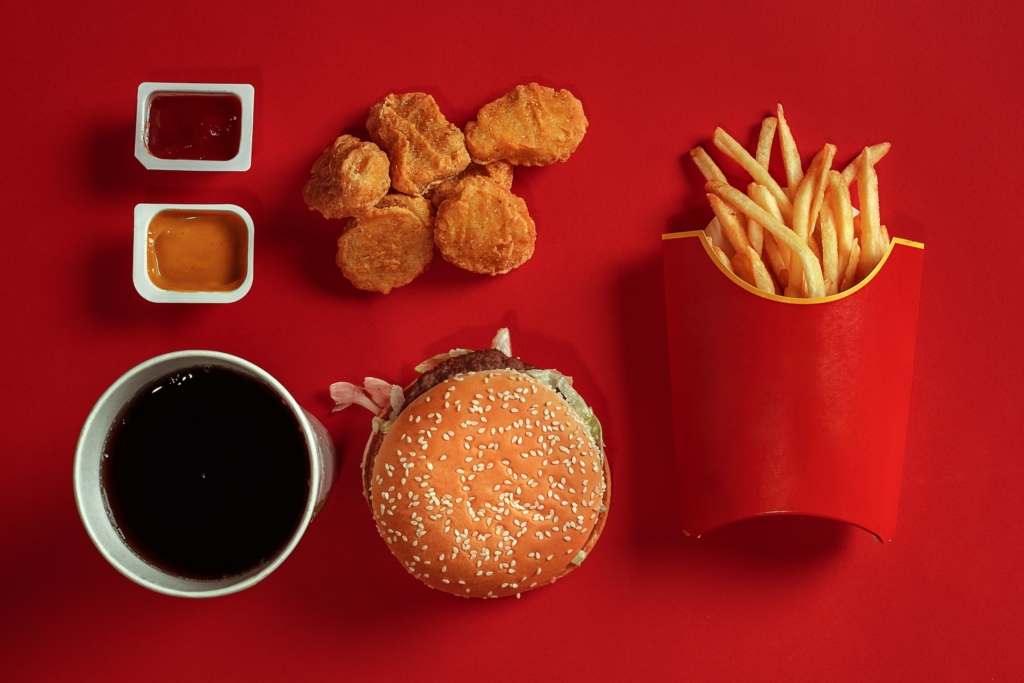
The colour blue, on the other hand, is not warm, energetic or aggressive. It’s trusting, calming and intelligent. Blue brands are typically known for their professionalism, smarts, loyalty and trustworthiness. They often fall under industry categories such as government, not-for-profit, healthcare or telecommunications. Think of the products or services you use on a daily basis. Telstra is one of the largest telecommunications and internet providers in Australia. The brand is predominantly blue. How about insurance? RACV probably springs to mind – also blue. What about the programs you use for work? Salesforce, Canva, Microsoft Outlook… these are all blue brands. You can probably think of one hundred more.
With every successful blue branded company, blue gains a more positive perception. The positive psychological associations with the colour and its muted tendencies, means that blue is less likely to be seen as obnoxious than other shades like yellow or red. At its brightest, blue can ignite energy without being blatantly aggressive.

Colours surrounding blue on the colour wheel such as purple or green maintain blue’s calm stability and creativity. Purple is associated with royalty, think of the late Queen Elizabeth II and her magnificent crown (pictured below). While green is very earthy, organic and sustainable.
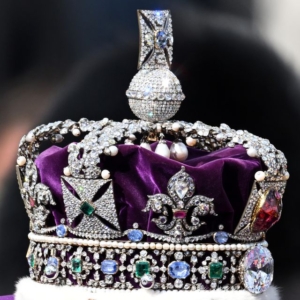
When we rebranded, we changed from a bright and bubbly blue to a more suave, darker shade of blue to highlight our professionalism and intelligence in the world of digital marketing. We’ve always excelled when working with blue brands, and what better way to attract blue brands than by being one ourselves!

Aston Digital is a specialist digital marketing agency in Melbourne that supports marketing team leaders from blue brands. Check out some of the blue brands we’ve collaborated with here.

Once upon a time, Black Friday was a single weekend event that followed Thanksgiving in the U.S. It's basically their version of Boxing Day sales but with [...]
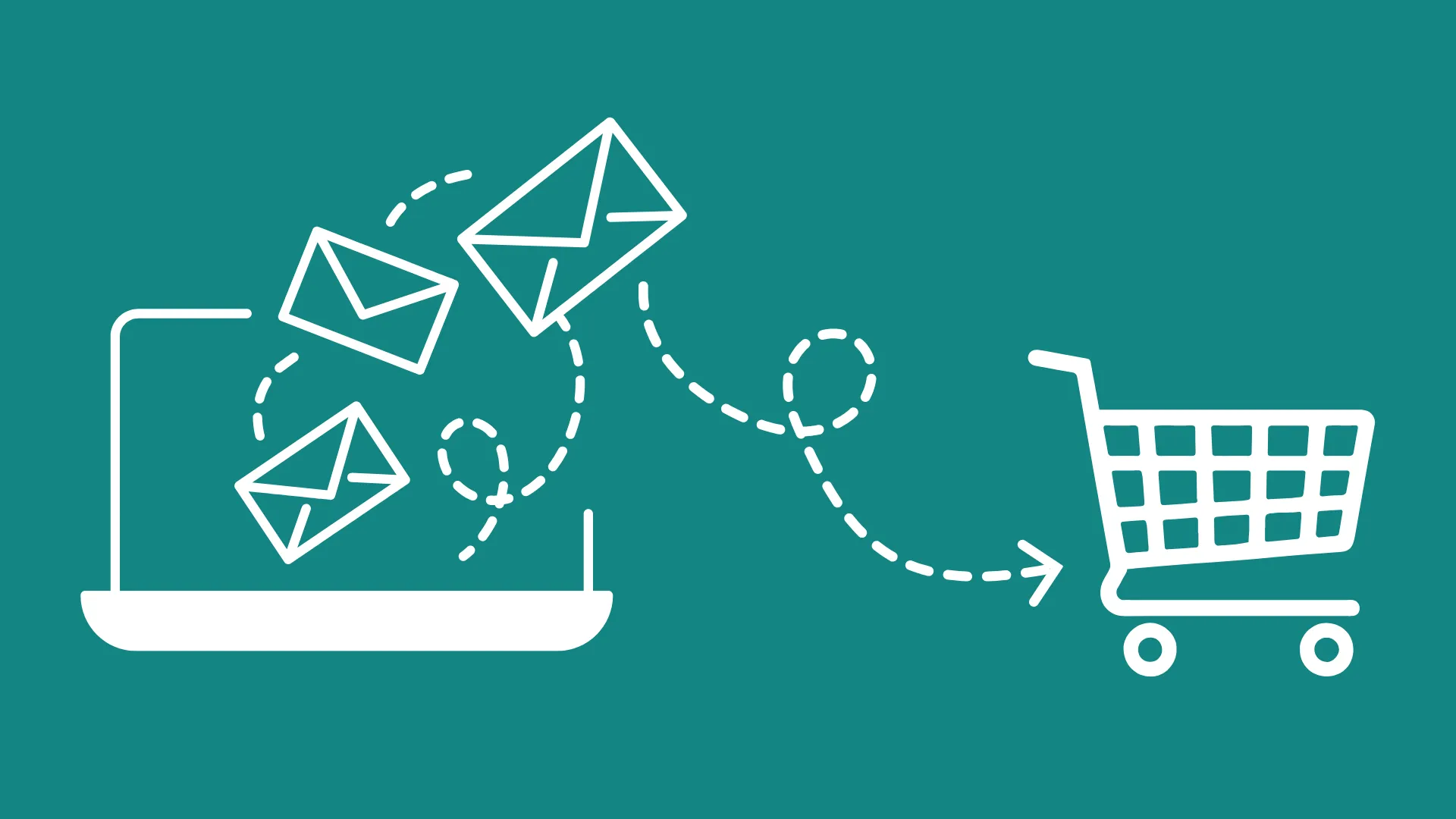
People are opening your emails. They’re clicking your links. But… they still haven’t converted. You're first reaction is probably, "My emails aren't working." But that's not actually [...]

We’ve entered a new era of marketing - one where your content is no longer just read by people. It’s interpreted by AI. From Google’s Search Generative [...]
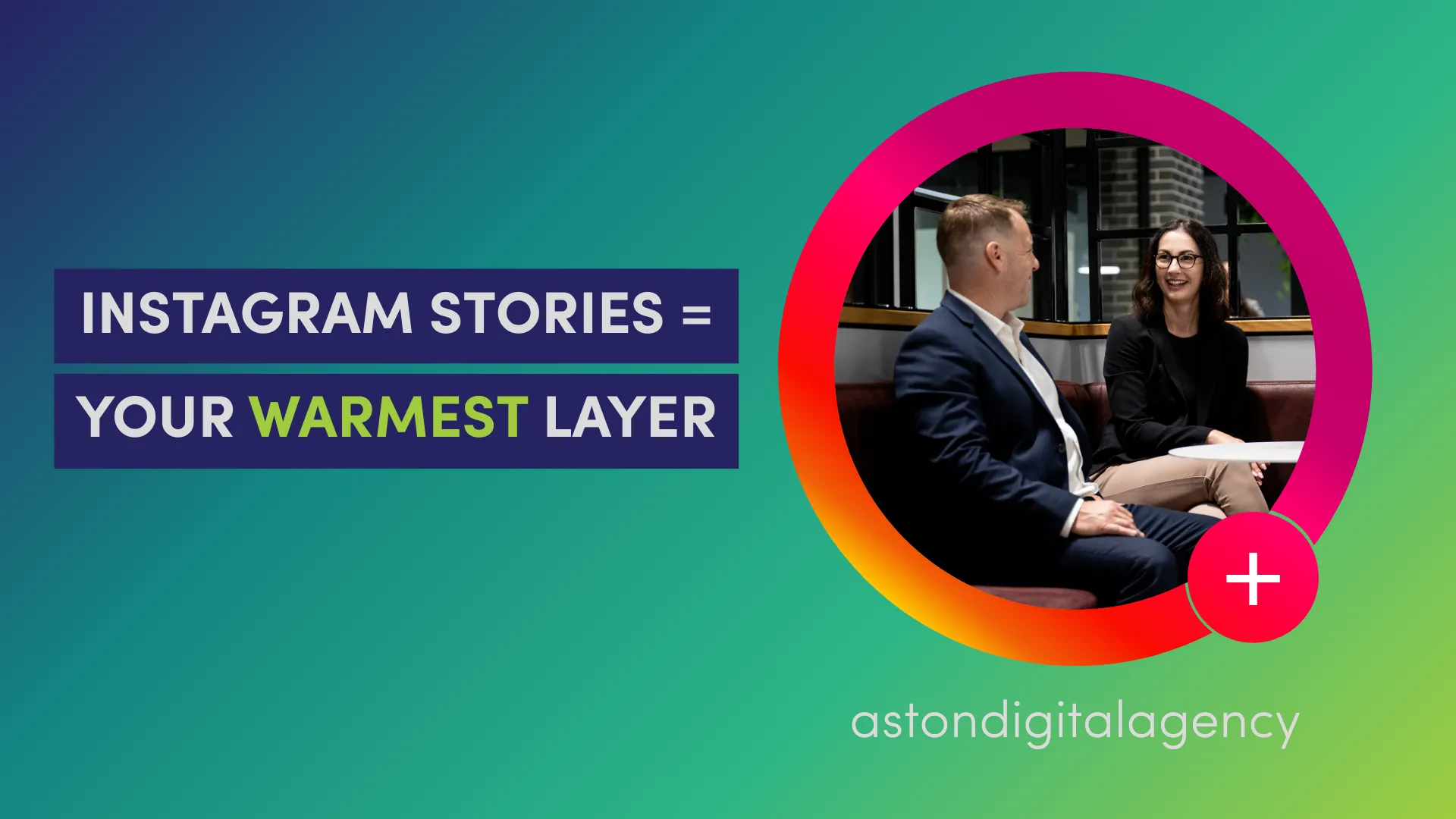
Most organisations are obsessed with reach - and so they should be. They want new audiences, new eyeballs, new followers - who doesn't? They pour budget into [...]
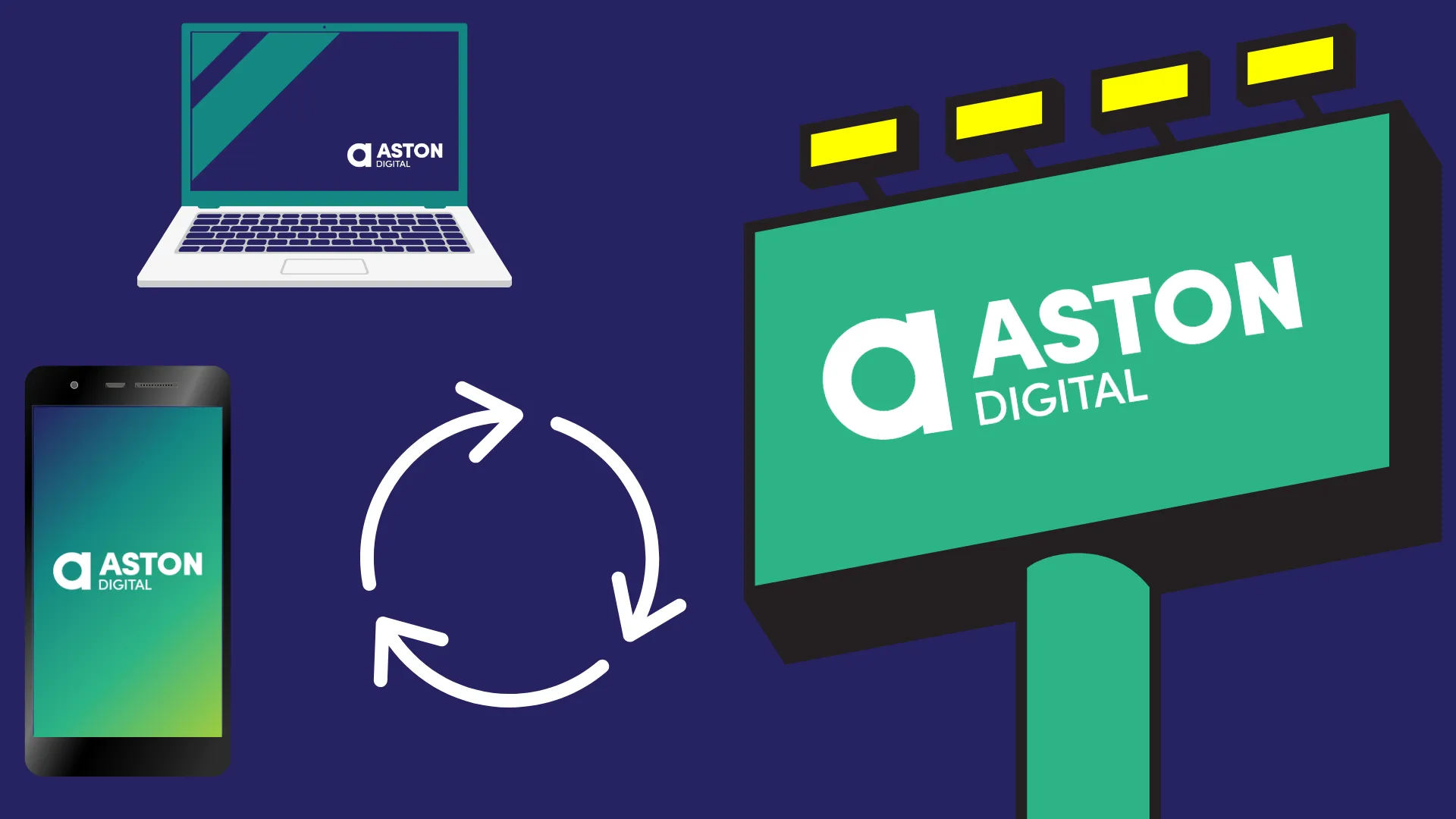
Recently we explored the Mere Exposure Effect - the psychological principle that says people tend to develop a preference for things simply because they’re familiar with them. [...]

For years, Meta ads were managed like a machine you had to constantly tweak. Adjust the bid strategy. Restructure the campaign. Turn off underperformers quickly. Optimise daily. [...]

If you're finding your Meta ads lately are becoming more expensive and less effective, the problem probably isn't your targeting or your budget. The Meta Ads algorithm [...]

For years, follower count was treated as the ultimate measure of success on social media. More followers meant more reach, more influence and more credibility. In 2026, [...]
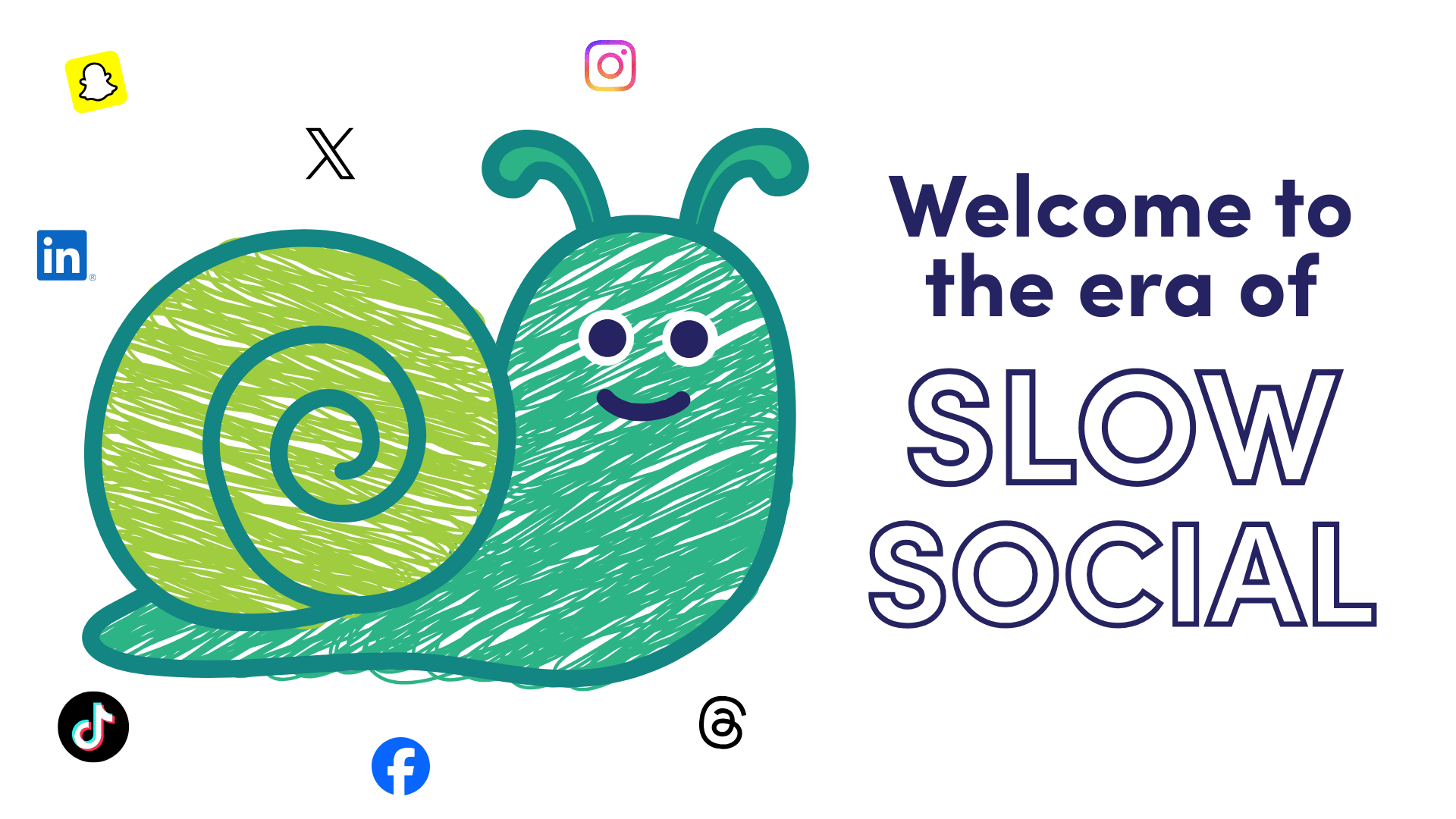
Something has shifted online this year, and if you work in marketing, you’ve felt it. Feeds feel noisier, yet somehow emptier. Search results loop endlessly. Trends peak [...]

Engaging with your audience may be more powerful than most social media teams realise. A new data study from Buffer has revealed that responding to comments on social [...]

Once upon a time, Black Friday was a single weekend event that followed Thanksgiving in the U.S. It's basically their version of Boxing Day sales but with [...]

People are opening your emails. They’re clicking your links. But… they still haven’t converted. You're first reaction is probably, "My emails aren't working." But that's not actually [...]

We’ve entered a new era of marketing - one where your content is no longer just read by people. It’s interpreted by AI. From Google’s Search Generative [...]

